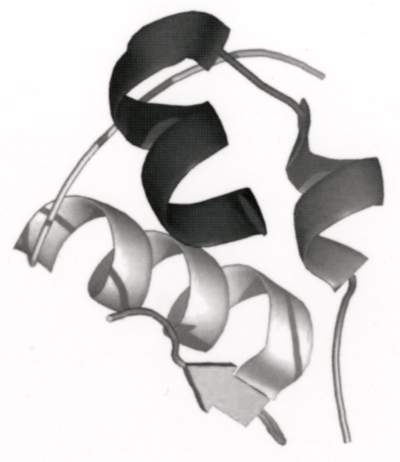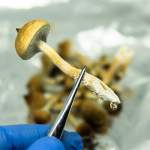Hypoglycemia is a complication of Type 1 diabetes characterized by below-normal levels of glucose in the blood. Occurring when a diabetic takes too much insulin, hypoglycemia can lead to blindness, kidney disease, and, under severe circumstances, even death. Work by Prof. Eitan Reuveny of the Department of Biological Chemistry may help elucidate the process by which, under normal conditions, the body prevents too much insulin from flowing into the blood.
Reuveny is studying the electrical properties of insulin-producing beta cells in the pancreas. Using exciting new technologies from the worlds of biophysics and molecular genetics, Reuveny is able to do what was unthinkable just a few years ago: identify the tiny fluctuations of electrical potential that occur within a specific, living cell. His research has great significance for studying the hypoglycemia complication occurring in Type 1 diabetes.
As a postdoctoral researcher at the University of California at San Francisco, Reuveny was the first to identify and clone the gene coding for a gateway in the cellular membrane called the G-protein coupled potassium channel. Today, he is examining this channel to determine how fluctuations in its electrical activity trigger a “shut-down” response that controls insulin release.
A number of laboratories worldwide are currently performing electrical recordings of pancreatic cells. However, Reuveny is the first researcher to combine such recordings with a specially bred transgenic mouse model. Using this model, beta cells can be easily separated from the mass of pancreatic islet tissue that has nothing to do with insulin production, thus dramatically increasing the accuracy and efficiency of research.
By characterizing the electrical process by which, under normal circumstances, the body prevents too much insulin from flowing into the blood, Reuveny hopes to establish the basis for a future hypoglycemia therapy.






















